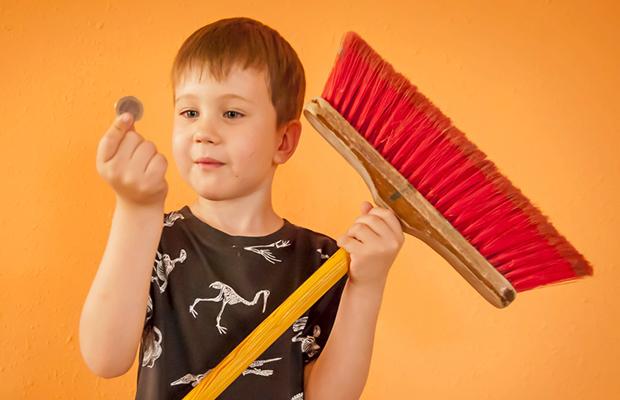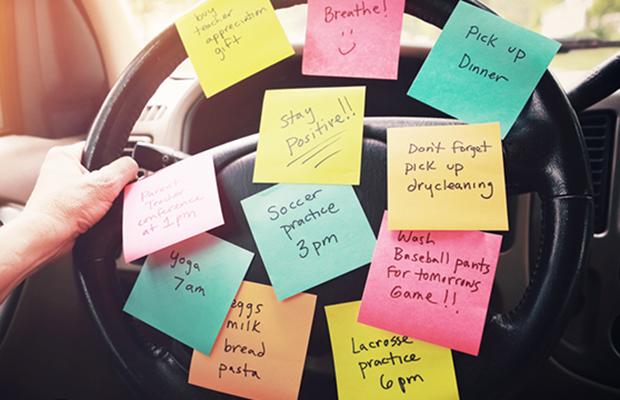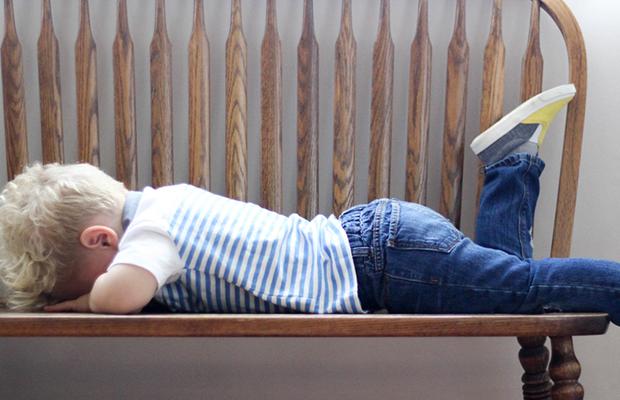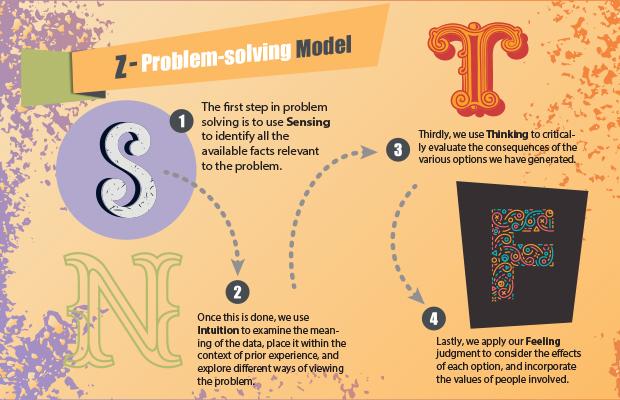Back to School: Don’t Forget Supplies for Self-Awareness
Summer is nearing an end and we are about to embark on another school year. For many families this is an exciting time, for some perhaps less so. School is different today than it was a few years ago; we are all different than we were a few years ago. Beyond school supplies and new clothes, now more than ever, young people need social and emotional guidance, too. How do we best prepare young people for the upcoming year and the years to come?
Supporting healthy development and personal growth, through an understanding of personality type, is one way. Young people can become more self-aware as they discover their natural ways for taking in information, making decisions, and forming relationships. Learning about oneself also leads to an awareness of other people, their similarities, and differences. With this new awareness, young people can learn to accept, even embrace, these differences using them constructively rather than destructively. The "constructive use of differences" can lead to more harmony and peace in a world filled with many unknowns. If we could bring a little bit of this to our children, I'd say we've given them a gift to last a lifetime.
While doing your back-to-school shopping for supplies and new clothes, consider gifting your child the Murphy-Meisgeier Type Indicator for Children® (MMTIC®) assessment so they can begin the school year with an awareness of their natural personality style, meeting their developing needs for self-awareness. With this new insight into who they are, they can start the year off with more confidence, which will pay off both academically and personally. Academically, by understanding their natural learning styles, and personally, through a greater understanding of themselves, their families, teachers, and peers leading to increased learning and healthier relationships.
Type impacts how we learn. We all have a natural style of learning that feels comfortable, like writing with our preferred hand. When your child's style is different from their teacher's style, confusion and frustration may arise. It can feel like using their non-preferred hand only for days and days. Imagine what that might feel like! Stress builds, exhaustion takes over, a sense of failure looms overhead, and soon they may not like learning at all!
Type awareness teaches your child what their natural strengths are and where they may find learning challenging; these are called their stretches. What if the teacher uses language, and creates assignments, that call on your child to use their personality stretches? Does that mean the teacher has to teach differently or that your child doesn't have to do the assignment? Not at all. Type is never an excuse for not trying. Instead, it provides your child with an awareness of when they may need to ask for clarification or additional help, knowing that it is a difference in learning styles and not a lack of intelligence.
The MMTIC report offers suggestions for studying, working with others, friendships, and working with parents and teachers. It is a valuable resource filled with tips to help your child. I will share a few tips here so that you can see how type knowledge benefits young people, with a focus on the upcoming school year.
- If your child prefers Extraversion, talking out their ideas helps them to process their thoughts. Study time with friends can be fun and provides a forum to brainstorm. Even talking out loud by themselves can help them sort through information. Once they have talked through their ideas, they are better able to take time alone to put their ideas together as appropriate to the task.
- Children who prefer Introversion require more time for reflection and quiet to think through their ideas first. They often prefer to study alone. After processing their thoughts on their own, they may enjoy reviewing with a friend or two. As a teacher, I had tables and individual desks in my classroom to encourage collaboration and reflection. Students could choose where to sit depending on what they needed that day.
- If your child prefers Sensing, they are more likely going to notice information that is factual, detailed, and specific. They like information to be presented in order and clearly. When asked to "imagine" something, they are often left bewildered. My son, for example, says all he can see is a "blank screen" when he is asked to imagine an item, situation, or scenario. If details are included in the instructions, he has a much easier time coming up with imaginative ideas, but he needs those details first to get started.
- Young people who prefer Intuition love it when they are asked to imagine something. Off they go on a magic carpet ride! Ideas and images abound but putting those ideas to a practical use or creating the extravagant project they've developed in their imagination, may prove more challenging. It is important that they have time to come up with multiple possibilities; once they have done that, then they can start putting together the details to bring their ideas to fruition.
- A child who prefers Thinking is up for a challenge and enjoys a good debate. They value competence in themselves and others. They may question the teacher and their peers, not to be impertinent, but so they can really understand the material. Unless they trust the skills of their classmates, working independently is preferred over group work. Decisions are made logically and objectively. Often direct with feedback, sometimes people can take things the wrong way.
- If your child has a Feeling preference, they like harmony. They want people to get along and work together in cooperative ways. Often, they are the helpers in the class, with friends and teachers. Supportive and positive feedback is appreciated. Decisions are often based on personal values and the impact on people. Fear of hurting someone's feelings or being disliked, can cause them to talk around an issue rather than speak to it directly, which can be aggravating to some people.
- Young people who prefer Judging like knowing what is coming next. They often have planners and use them! Rather than wait until the last minute, they like to get started on projects and homework early to prevent last-minute stress and pressure as the due date approaches. With homework out of the way, they can relax and enjoy time with friends.
- If your child prefers Perceiving, know that their best work is often produced at the last minute. They like surprises and are always up for a change in the routine. Keeping options open and having fun is important to them. Work and fun go hand in hand. They find they are more efficient when learning is fun. When younger, they may need guidance on time-management so that they don't wait too long before starting their assignments.
Knowing their personality strengths and stretches, as it pertains to learning, is a great way for your child to start off the school year. Not only will it help them master course concepts, but it also provides a framework for building healthy relationships with their peers, teachers, and families. Sign them up to take the MMTIC assessment today! Have a great school year!



_thumb.png)





.png)









































_thumb.png)

_thumb.png)
_thumb.png)
.png)

.png)
.png)
